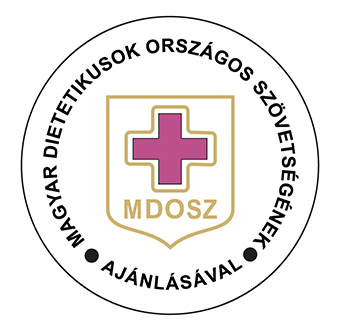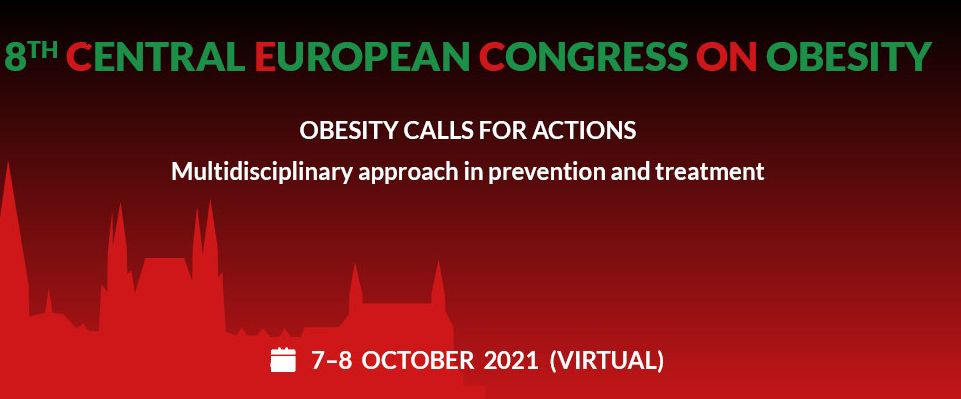Several hundred thousand people live with chronic kidney failure or diabetes in Hungary. Additional hundred thousands of people will join this group within a few years, and factors contributing to this result include genetic reasons as well as inadequate, sedentary lifestyle which leads to obesity. A new application called ALSAD (Automatic LifeStyle Advice) would like to help both patients and individuals in high risk groups, and validated medical content in this application were prepared with the contribution of professional doctors and dietitians. The application would like to provide a solution to the problem that a growing number of patients have to be supported by fewer and fewer doctors and dietitians, while patient education tasks are also becoming more and more important. Doctors and dietitians who participated in this development process found involving digital technology efficient and important in the daily health management process, especially in configuring daily dietary menu plans and in changing daily routines for a healthier lifestyle.
Dr. Erzsébet Ladányi, Dr. Mária Bőke and Dr. Péter Kevei are medical professionals specialised in nephrology and kidney diseases. Their tasks include treatment of various stages of kidney diseases, including treating patients who undergo regular dialysis. They highlighted the importance of patient education, based on their long-term experience over years and decades, as they believe personalised and well-configured diets, as well as adequate exercise regimes can provide additional years for patients living with a chronic condition. Dialysis centres employ their own dietitians to support patients who receive regular treatment there, however, even the specialists acknowledge that most patients require regular support to plan and compile their meals to remain compliant with the complex medical instructions. Doctors and dietitians have an important role in defining objectives, selecting and tracking the most adequate treatment, however, as Dr. Erzsebet Ladanyi highlighted: the individual also has an enormous responsibility, especially when it comes to daily lifestyle. Obesity, hypertension or diabetes (which are all conditions which may lead to chronic kidney diseases) affect a rapidly increasing number of people, and the expert thinks that inadequate lifestyle which lacks awareness may lead to various illnesses in the long term.
Dr. Peter Kevei thinks that the condition of kidney patients can be fundamentally impacted by the quality of food they consume as well as the patient’s daily fluid intake. The best results can be achieved by personalising diet and fluid intake recommendations, considering the actual kidney status, the level of damage and any existing co-morbidities. Many kidney patients also have hypertension or diabetes (which may have appeared prior to the symptoms of the kidney condition), while obesity also can significantly contribute to the actual condition of many patients. Dr. Erzsebet Ladanyi highlighted that while medication tends to be now personalised, the same level of personalisation in dietary advice could provide the best results, with the support of a qualified dietitian. However, this might be a complicated challenge. Technology can provide significant support, to consider all important factors like co-morbidities and other aspects (like optimal protein level, limits of macro and micro nutrients) together, when lifestyle and dietary advice is provided.
The ALSAD application was developed in a way to provide particular support to compile personalised, optimal menu plans and lifestyle recommendations with dietitian and physiotherapeutic assistance, considering the typical, complex health conditions and statuses in kidney diseases. Dr. Ladanyi stated it is important that obesity can gradually reduced with the support of the application, and optimal weight can be achieved, but as the software includes built-in limits based on medical best practice, rapid and drastic decrease in weight can be avoided, which is often recommended by popular fad diets, as well as over-consumption of protein, as these could further damage the kidney.
Dietitian Ms. Tünde Tolmács, who was actively contributing to the development of dietary module and recommendations of ALSAD, has highlighted the importance of personalised and validated, medical evidence-based diet. She thinks that this diet should be sustainable to be successful, while validated medical content can guarantee that the diet cannot make any harm. A well-designed and conducted diet has an important role in improving and maintaining quality of life for patients living with chronic diabetes or kidney conditions. The ALSAD application also offers the opportunity (which is again an important feature) to be used by healthy users for prevention. The application is also suitable to prevent or reduce obesity and keep our blood pressure or blood glucose level in the ideal range.
Managing the application and obtaining information is rather easy for any individual user.






